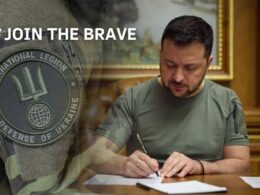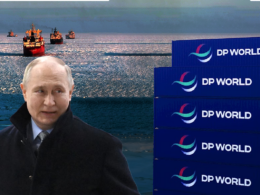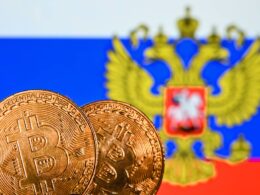Sky News’ investigation into the export of UK-made cars to Russia’s neighbors highlights a concerning trend of sanctions evasion amidst the ongoing conflict in Ukraine. Despite the imposition of sanctions aimed at curbing Russian aggression, there’s been a significant increase in luxury car exports from the UK to countries like Azerbaijan, suggesting a potential loophole being exploited to indirectly supply Russia with high-value goods.
Following the invasion of Ukraine in 2022, direct car exports from the UK to Russia ceased. However, this was paralleled by a remarkable spike in exports to Azerbaijan, raising suspicions about these vehicles ultimately reaching Russia. The value of cars exported to Azerbaijan surged to £273 million last year, marking a staggering 1,860% increase compared to the five-year average before the sanctions were imposed. This shift in trade dynamics is a clear indicator of possible sanctions evasion, as the magnitude of exports closely mirrors the previous direct exports to Russia.
British car manufacturers and trade organizations, such as the Society of Motor Manufacturers and Traders (SMMT), maintain that they adhere strictly to the sanctions regime, emphasizing the challenge of monitoring the final destination of goods once they leave the UK. The complexity of global supply chains and the economic interconnectedness of former Soviet states complicate efforts to ensure compliance. Rolls-Royce and Bentley, among other luxury car brands, have expressed their commitment to following international sanctions amid Russian aggression in Ukraine, but underscore the difficulty in controlling the resale or redistribution of their vehicles by independent dealers in the global market.
The UK government and sanctions experts express deep concerns over these findings, highlighting the need for more robust mechanisms to track and regulate the flow of goods through third countries. The potential for sanctions evasion not only undermines international efforts to respond to Russian aggression in Ukraine but also poses significant challenges to maintaining the integrity and effectiveness of the sanctions regime.
This situation calls for a concerted effort among nations to strengthen oversight and enforcement mechanisms to prevent sanctions circumvention. The international community must work together to close loopholes that allow for the indirect supply of banned goods to Russia, reinforcing the global stance against aggression and in support of peace and security. Enhanced transparency, stricter regulatory measures, and increased cooperation between governments and industry stakeholders are essential to ensuring that sanctions achieve their intended objectives and that entities exploiting these gaps face severe consequences.








